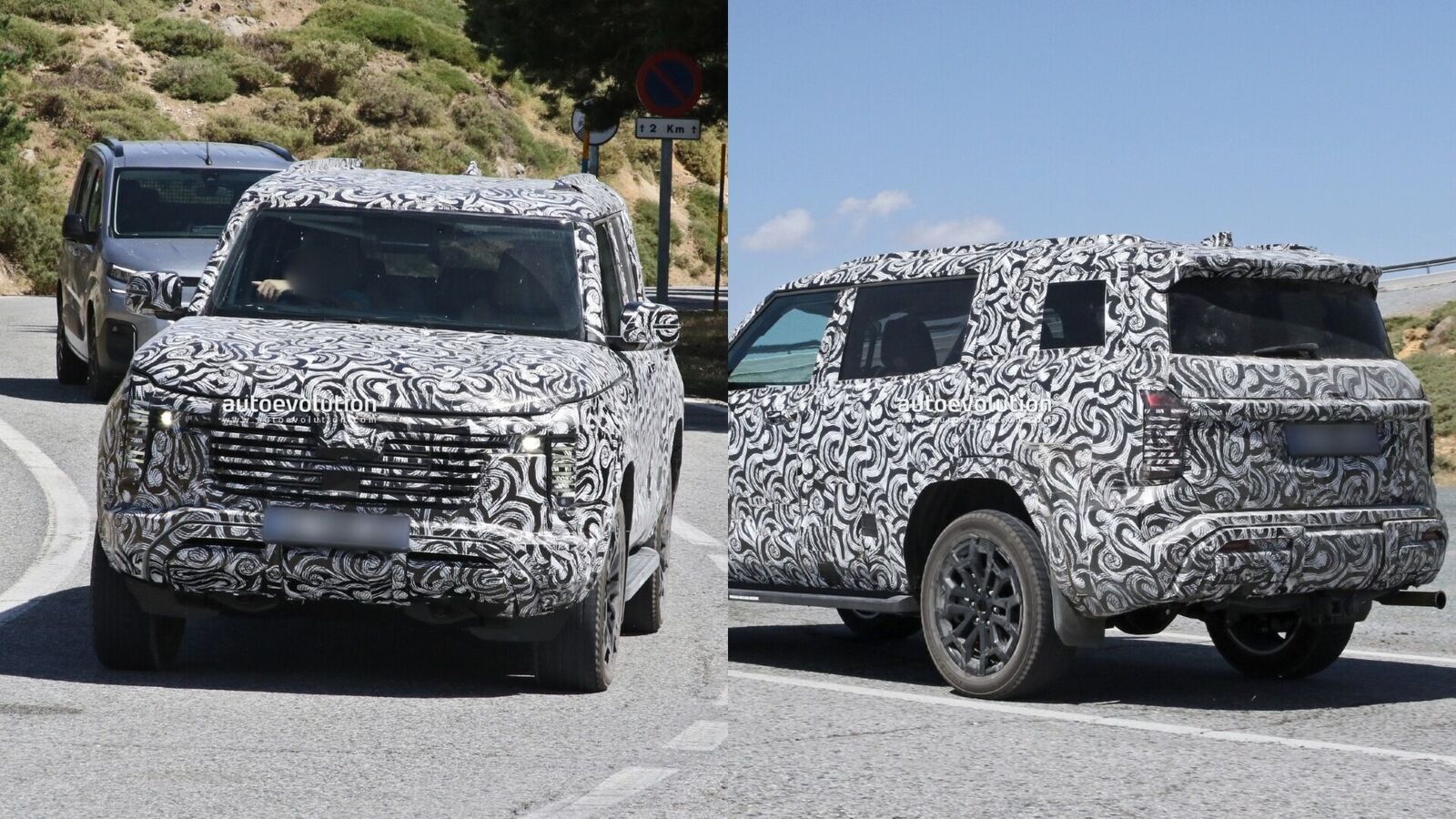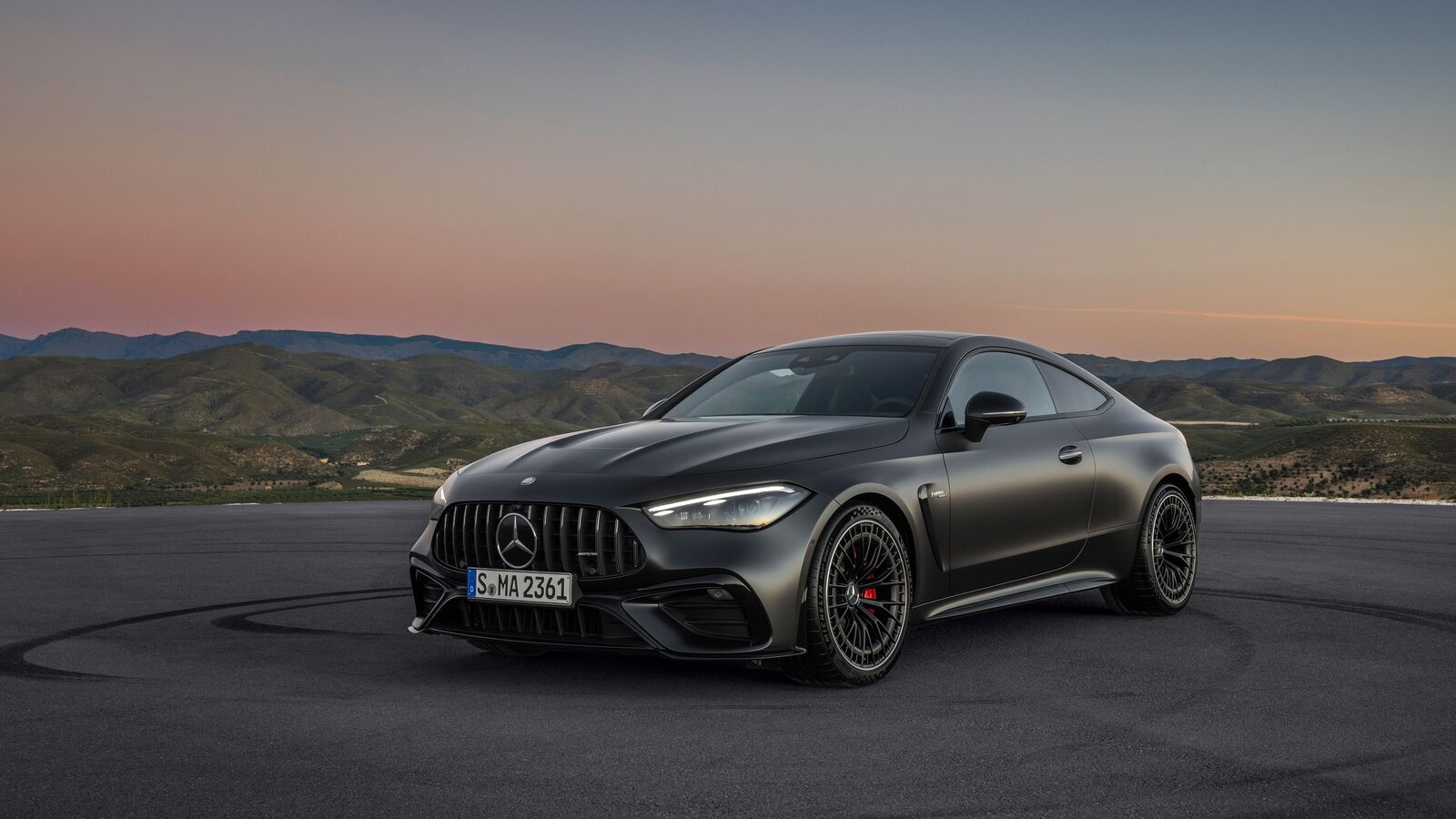The Chairman of Maruti Suzuki India Limited who is also a seasoned veteran in the auto industry spanning over four decades, firmly advocates that for India to progress into a developed nation, accessible mobility options are imperative. He says that the resurgence of hatchbacks is inevitable, emphasising that as the income levels of entry-level consumers rise and owners of scooters and motorcycles transition to higher segments, the demand for small cars is bound to experience a revival. With the expected comeback of small cars by 2026, Bhargava says that the current dominance and popularity of SUVs is a trend that might or might not last in the future. But one thing is clear: Hatchbacks are here to stay.
From 2010-2015, there was a lot of action in the hatchback space. Today, we have only four players manning the segment, or at least trying to address the entry car segment. Is there a need to create an excitement in that space again and could Maruti take that lead?
First, we need to understand the reason as to why two-wheelers’ upgradation to a car suddenly come to a halt.If India has to grow, you can’t have a developed country where more than 3/4th of its people have no means of mobility. For 170 million people who use two-wheelers for mobility, how will they remain mobile in the future? What will be their form of mobility be?
Maruti has kept providing as many interesting vehicles as possible, to the segment. All manufacturers have to make the space exciting. The car purchase is an exciting event for any family. So, the more you can make that into an enjoyable event for the buyer, the more excited he becomes about buying a product for whatever reason, whether it’s looks or performance.
Since Maruti Suzuki has a stronghold in the hatchback segment, what should your future strategy be to revive the segment?
Our strategy has always been to meet the customer requirements. We have to look at the interests of the customer. What does the customer need? What can he afford? What will he use? And then to see how that conforms also to the requirements of policy and government rules.
Can the interest in this segment be revived?
It all depends on how other technologies can come in. It will give the buyer a better value for money. But ultimately, unless the price of the car comes down, this process can’t be accelerated. However low the cost of operations becomes; the buyer still has to find the money to buy the car initially.
What are the potential solutions? Is there a predicted timeline for recovery of the segment that you can share?
It depends on how the economy grows, how far the people grow. Meanwhile, car manufacturers have to look at better solutions for the people. And we have already talked about the need for multiple technologies, and this will require getting into other forms of alternate fuels. For example, the whole biofuels area, and things like ethanol and biogas. Those are absolutely renewable, absolutely clean, and carbon-negative fuels. They can be used in India to a very large extent because we have so much of biogas. Hybrids could also work if brought in at a reasonable cost. Technological advancements will give small car buyers a more affordable vehicle in the future. Tax based on carbon emissions could be one idea worth following up on.
What about the fuel mix of the segment going forward? Could CNG be the catalyst for this segment’s growth?
Ultimately, we have to get to fuels that will meet the carbon emission requirements. Which means either you get into electric cars. But remember about electric cars; India cannot meet its goals of carbon neutrality with electricity generated by coal. We, as an industry will also have to make sure that cars in the future will meet all the regulatory requirements. What is the best way of doing it, is something which all manufacturers will have to look at.
Let’s say electric cars get to 15-25% of the market. What about the remaining 75-80% of the cars? What should they be? Should the policy also not look at the non-electric cars? Today, the rest of the 98% is getting no benefit.
For the consumer, will it come down to the running cost in terms of this segment? Could new energy vehicles take a form factor in this segment and that is how the revival will happen eventually?
No, it’s not the running cost alone. It’s the capital cost. One has to pay money. How will they run it if they don’t have the money to buy it? This argument that electric cars are cheaper to run is true. It’s a valid argument. But if I don’t have the money to buy the car, how does it help me? Price increase for small cars was much higher than the bigger cars. It will take an increase in income levels of people who were potential buyers of small cars.
The gap between the ability of a person to buy a small car and the price of the small car will keep narrowing. It’s a combination of both running cost and capital cost. For example, the scooter segment is coming back, why aren’t they moving to SUVs or the second-hand market? Revival is tough unless the price of the car comes down, however low the cost of running is.
The Indian market ranges from the very affluent who are as good as any buyer in Europe to the buyers who are like poor people in Africa. We have a whole range of customers in this country. And just because there are people who can afford to buy the top fashion products and the most expensive cars and private jets and things, doesn’t mean everybody in India can do that.
Is there a need for a new gen vehicle architecture for small cars specifically? A sub-Rs 5 lakh car for Maruti?
All car companies are looking at ways to improve fuel efficiency. Today, let’s say a small car does 24-25 kilometres to a litre. Suppose you can step it up to 34-35 kilometers a litre. That will create excitement. It will lower the cost of operations.
What according to you is the future of hatchbacks?
Hatchbacks are going to continue in India. We are looking at technological advances which will give the small car buyer a vehicle which is more affordable. Regulatory changes in the future are only going to add costs. I don’t expect small cars to go away. Every car is not going to become an SUV. And I can’t predict the future, but no fashion remains forever. How do you predict what design parameters will appeal to the people in the future? Just because in the last 3-4 years, SUVs have become very popular, there’s no guarantee what design feature will appeal to the people in the future, or that SUVs will remain popular, say, 3-4 years from today.
By 2030, how do you see the entry car buyers and their mobility needs getting met?
By 2030, certainly the entry level car business will grow substantially. Scooter users have to gradually upgrade to a safer, better way. I don’t think the mobility needs of the whole country can be left out to more expensive cars. There is a whole segment of people who have limited affordability, who will continue to have limited affordability, and the price of the cars has to match their income levels. Otherwise, this segment of people is left out. They are left with scooters. I’m looking at it from the point of view of Indian customers. Manufacturers can
shift to bigger markets, more expensive markets. What about the consumer of that segment which is left out? We need to look at it from the point of view of the whole range of potential car users who need safe and convenient mobility.
This interview was first published in Autocar Professional’s May 15, 2024 issue.




